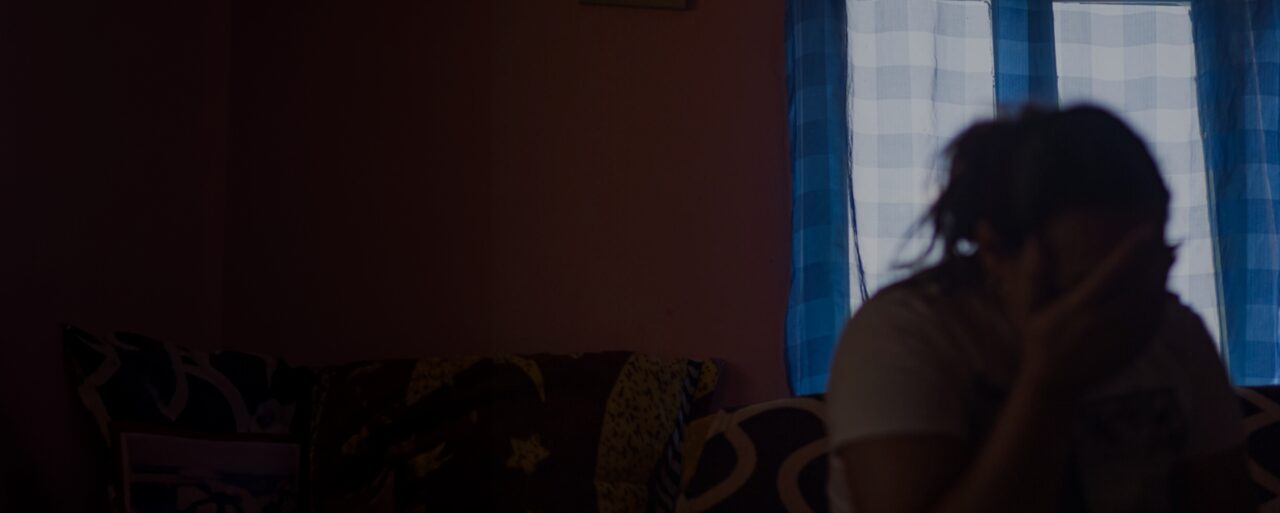Samara has beautiful, joyful dreams for her life. She recently completed a hand craft decorations course, and soon hopes to open her own flower shop. She’d even like to become a pastry chef one day.
She’s determined to build a better life for herself and her family, despite everything she’s endured to get to this point.
It started when she met a man online and began a romantic relationship with him. She thought she could trust him, but he was just manipulating her and taking advantage of her vulnerability.
Soon, it all turned out to be a trap: she was tricked into commercial sexual exploitation in Romania and the UK, being forced to have sex with men to earn money for the perpetrator and his family.
For years, she was constantly subjected to physical and verbal abuse by them. She had no access to her ID papers. She was restricted from going outside alone and communicating with her family. She had no access to the money paid by the people who abused her. All the money was taken and kept by the perpetrators. She remembered often starving and freezing without food and proper housing.
“It was not just horror, but more than horror,” as Samara described it.
Yet most of the atrocities Samara endured weren’t hidden behind closed doors.
“He beat me on the street and people just turned their heads,” Samara remembered. “Many people could have helped me. Including the neighbors. He beat me in a store. It wasn’t as if the world didn’t know.”
The perpetrator was even proud to show off the wealth he had accrued from exploiting Samara.
“He would brag about himself and that he had money,” Samara said. “He wanted very much to brag about himself for all the world to see what he had done. With the money I was earning.”
After many years of exploitation, the perpetrator suddenly decided that Samara was no longer profitable for him anymore, so he kicked her out of the house with nowhere to go.
She managed to get back to her family, and they supported her to go to the police. Eventually, her case reached a prosecutor in Romania who specialized in human trafficking cases, who then referred her to local IJM teams.
IJM was able to assess her needs and set up an assistance plan for her restoration. They offered her a continuum of care including legal services, medical services, access to therapy, material support and professional training courses.
“I really met people who can really help,” Samara said. “With the IJM social worker, I talked to her, I told her everything I had on my soul… because I knew she was there.”
Now, Samara is continuing in therapy, working on getting her driver’s license and looking forward her next steps in life.
“I hope that sometime in the near future I will open my own flower shop. And in a while, I will also want to take a pastry course, to be a pastry-chef. That’s what I see now.”
It’s what we want all survivors to see: a future where they write their own stories of hope, freedom and restoration.
